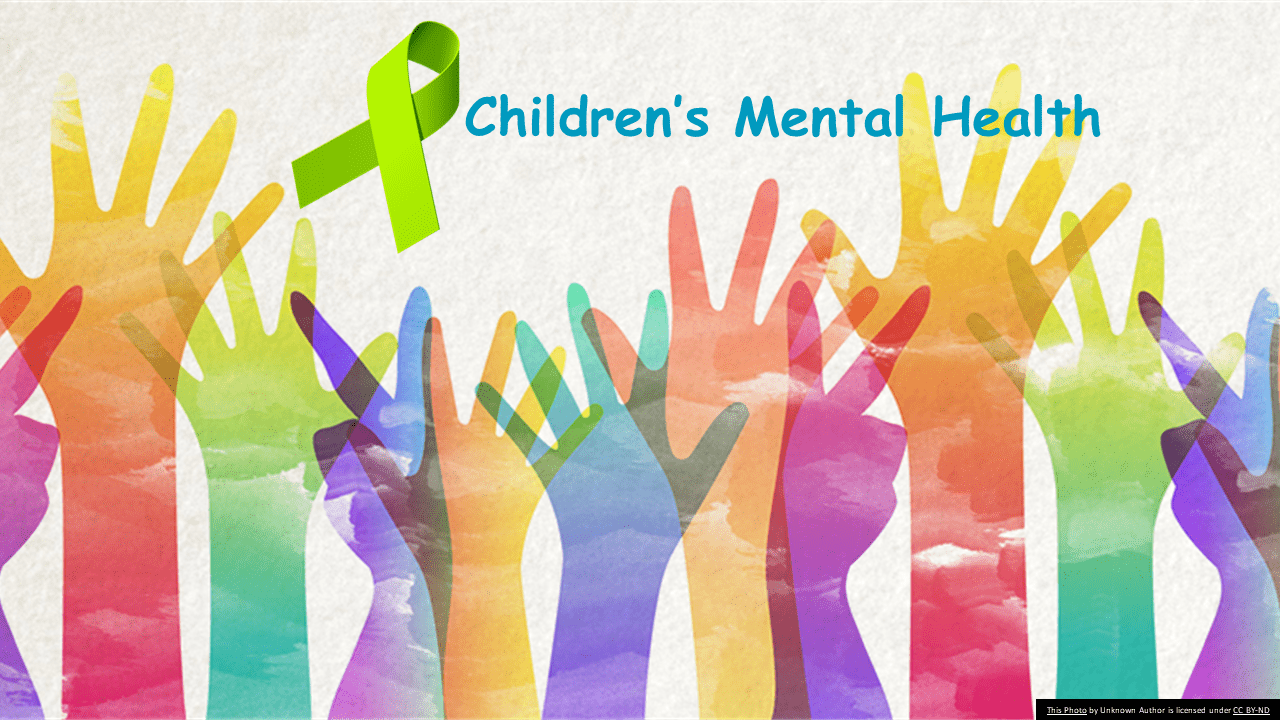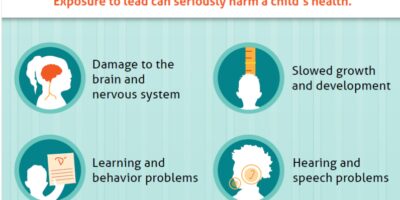According to the American Psychological Association (APA), approximately one out of every five children in America experiences symptoms of a mental health disorder. Additionally, the APA cites that research studies suggest that about half of all lifetime experiences of a mental health disorder occurs prior to the age of 14. These statistics are sobering and scary. However, what an amazing opportunity this provides to be able to target early intervention to promote sustained recovery!
Advances have been made in the past few years to promote awareness, identification and linkage to services, with more routine mental health screening in schools and pediatrician offices. We champion fighting stigma and work to educate families about accessing mental health services. Beyond awareness however is acceptance. Acceptance not just for the parent(s), but for the child to assimilate the news of a mental health diagnosis into their sense of self in a healthy way.
How can we support our child to process a mental health diagnosis and develop healthy acceptance of what this means for them?
- Educate yourself. Talk with your child’s doctor or mental health professional about your child’s diagnosis, understand the symptoms and what to look out for. Use this knowledge to educate your child. It is important to use language and ideas that are appropriate for their age level however, equally important to not avoid having a conversation about the symptoms and treatment. Once mental health symptoms reach a level that treatment is necessary, children generally have an internal sense that something is making them feel different. It is important to define that for your child to normalize what they are experiencing so that they can develop healthy approach to their wellness.
- Open dialogue. Encourage your child that you want to be a part of their emotional wellness. Ask them to tell you about changes they are noticing about their mood, thoughts, physical sensations and sleep. Ask that they tell you when they are worried about something or notice that something feels different. Give a visualization that will help them to more easily define their emotional health such as an emotional temperature.
- Develop self-advocacy. Encourage your child to be involved in their mental health care. When appropriate, do not make decisions without talking through the options with your child. For example, if they are struggling with increased ADHD symptoms at school, have a conversation with your child to discuss the options with them to respond to this concern. Suggest a few choices that seem a reasonable response, but it is also okay to give your recommendation within these choices. Encourage them to talk during their doctor appointments, do not always speak for them. This promotes your child’s ability to advocate for themselves and to take ownership in evaluating treatment options and what they feel will best meet their needs.
- Ask permission. Have an age-appropriate dialogue with your child about their preferences in how to communicate about their mental health and treatment. What do they want to call their diagnosis? Do they wish to share this with their friends or extended family members? Ask permission to share outside of the family, do not take liberties with discussing without their consent about what can be shared. This practice will empower them throughout life to be able to best define how and what they wish to disclose.
Guiding children through acceptance, self-awareness, and self-advocacy in the face of mental health symptoms will enhance success throughout their life, not only in managing their emotional health but in many aspects of wellness.
Melissa Farrell
Vice President, CCBHC and a Mom
If you need more help, Spectrum Health’s 24/7 crisis line is always open, 716 710 5172. And if your child is in crisis (or youth to age 17), Spectrum Health C.A.R.E.S. is also available 24/7, 716 882 HELP (4357). In other words, you are never alone.



